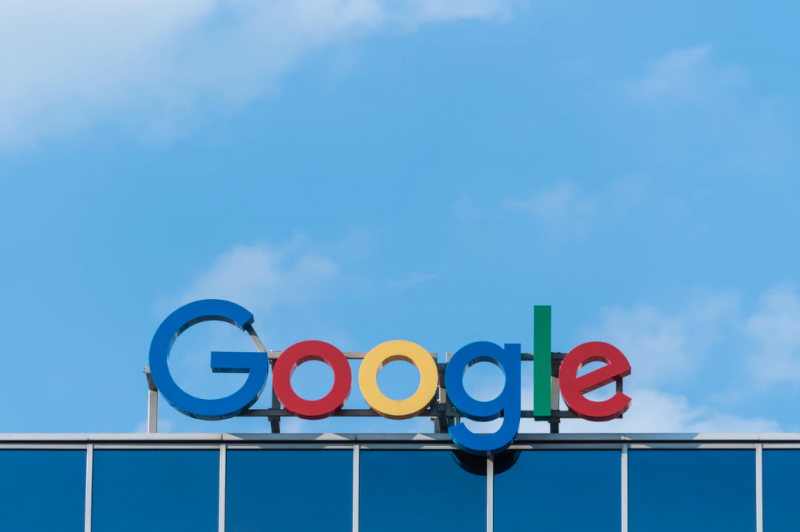Google claims ‘unfair’ payment code encourages news businesses to make ‘unreasonable and exorbitant financial demands’
Google remains on the offensive in its back and forth with news publishers, calling the arbitration process set out in the Australian Competition and Consumer Commission’s (ACCC) News Bargaining Code “so unfair that no company should be asked to accept it”.
In a further blog post on the issue – following last week’s open letter and the rolling out of ‘warnings’ on both Google and YouTube – the tech giant said the negotiation and arbitration arrangement is “extremely one-sided and unfair” and “set up to encourage news businesses to make unreasonable and exorbitant financial demands”.



It’s a fair point they make re the one-sided nature of the the ACCC’s negotiation model ie that it only factors in the notional value of publisher content to Google, but not the value Google provides to publishers in the form of (very significant) traffic.
@cindy – Of which publishers pay a lot of money to ensure they’re visible on Google’s search platform
I’m looking forward to a levy on Tesla to support the car industry.
And perhaps a tax on email to prop up Australia Post.
Did Newscorp & Fairfax charge newspaper agencies for the right to sell their papers?
The ACCC is a shakedown of the digital giants.
The premise and arguments that are at the core of the ACCC fail on their merits.
The point of one-side arbitration is further evidence of the aim to support the outdated and unreformed business models that are highlighted by the clear absurdity of the idea that the news companies should be paid for traffic which they receive at no charge from Google and Facebook.